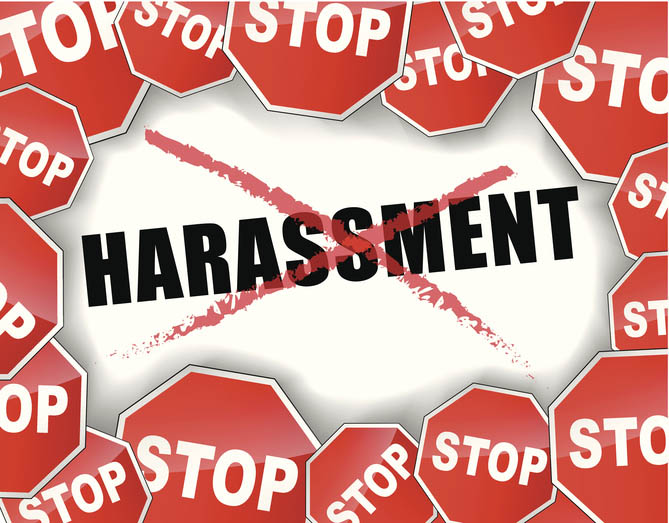There have been increasing claims of nurses being sexually harassed. Some male nurses have reported being harassed; however, more than 50% are female nurses. The harasser may be male or female, and the victim may be of the opposite sex or the same sex as the harasser. Sexual harassment is not acceptable and unlawful. It can affect a person’s emotional and mental health, as well as lead to significant stress and anxiety.
The U.S. Equal Employment Opportunity Commission (EEOC) states that “harassment does not have to be of a sexual nature, however, and can include offensive remarks about a person’s sex. For example, it is illegal to harass a woman by making offensive comments about women in general.” Sexual harassment is defined as unwelcome behavior of sexual advances, a request for sexual favors, and other verbal or physical conduct of a sexual nature that explicitly or implicitly affects an individual’s employment, unreasonably interferes with an individual’s work performance, or creates an intimidating, hostile, or offensive work environment (EEOC).
Types of sexual harassment include:
- Telling lewd jokes, or sharing sexual anecdotes;
- Making inappropriate sexual gestures;
- Staring in a sexually suggestive or offensive manner, or whistling;
- Asking sexual questions, such as questions about someone’s sexual history or their sexual orientation;
- Making sexual comments about appearance, clothing, or body parts;
- Making offensive comments about someone’s sexual orientation or gender identity;
- Inappropriate touching, including pinching, patting, rubbing, or purposefully brushing up against another person.
Whatever form the sexual harassment may take, it is important that it is recognized, and that prompt action is taken against the harasser. Preventing sexual harassment and taking proactive steps to deal with harassment that does occur is especially critical.
Here are eight steps to protect yourself from being sexually harassed:
- Be informed about the definition of sexual harassment.
- Be knowledgeable about institutional policies regarding sexual harassment.
- Take an active role in fostering a work environment free from sexual harassment.
- Attend sexual harassment prevention courses or training.
- Report the harassment to your supervisor immediately, or to a higher authority if your supervisor is the harasser. Consult with your human resources office and government agency if necessary. Never be afraid to report a comment, action, or gesture by somebody that made you feel uncomfortable.
- If possible, speak with the individual directly and inform him or her that you feel the behavior is inappropriate.
- Seek support from family members, friends, colleagues, or your state nurses’ association.
- Document the harassment in writing as soon as possible.
- 4 Ways to Improve Nutrition When Working the Night Shift - December 4, 2017
- 3 Tips to Improve Conflict Resolution Skills - November 28, 2017
- 4 Essential Steps to Prevent Opioid Addiction in Patients with Pain - November 16, 2017



